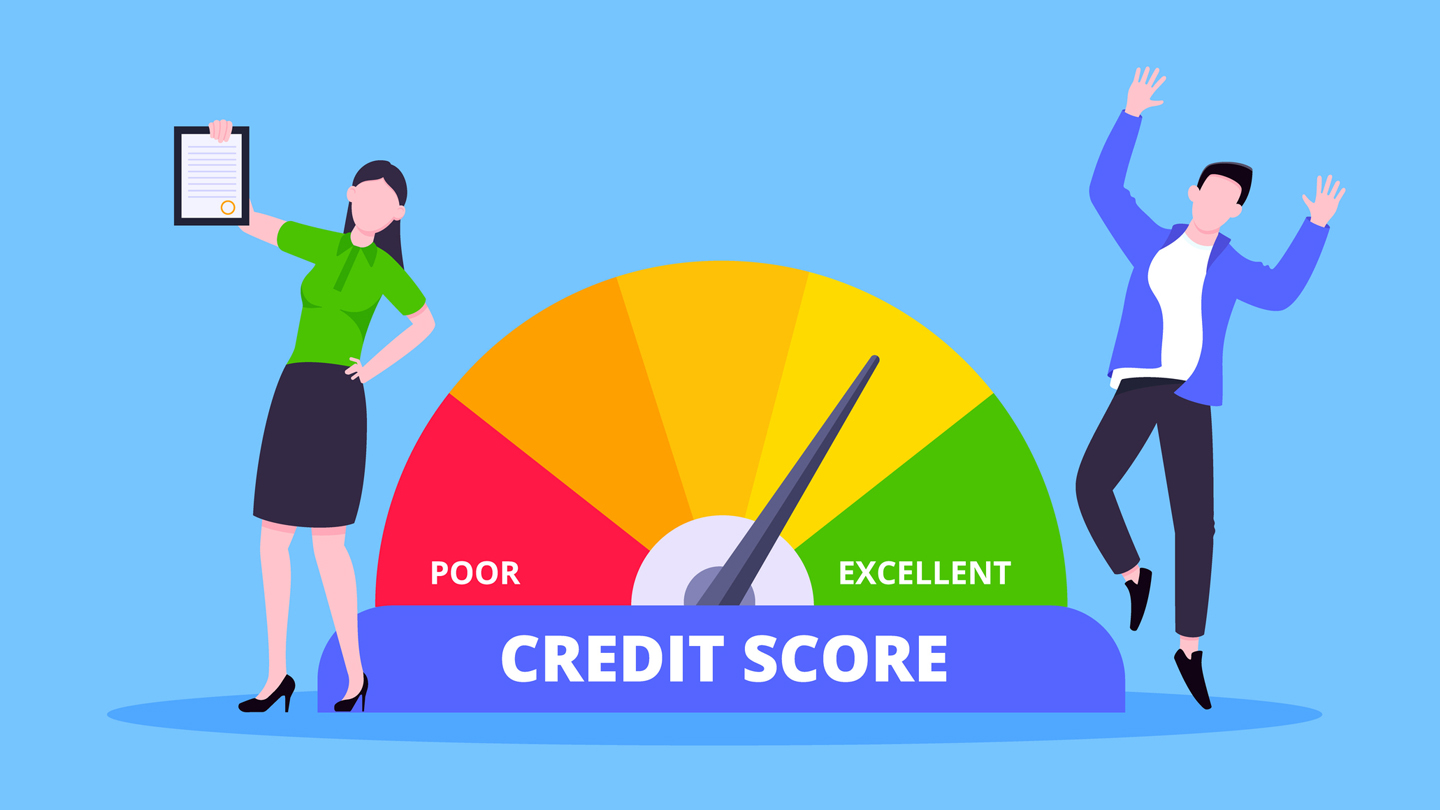In today’s financial landscape, creditworthiness plays a vital role in accessing loans, renting property, and even landing certain jobs. Building a good credit score is not just about gaining approval for credit cards or loans; it’s about securing better interest rates, higher credit limits, and financial security. If you’re just starting your credit journey, this guide will help you understand why credit matters and how to establish it effectively.
Why Is Credit Important?
- Access to Loans: A good credit score ensures that lenders trust you to repay borrowed money. Whether it’s a mortgage, car loan, or personal loan, a high credit score opens the door to better borrowing terms.
- Lower Interest Rates: With good credit, you can qualify for lower interest rates, saving you thousands of dollars over the life of a loan.
- Employment Opportunities: Some employers conduct credit checks as part of their hiring process, especially for roles involving financial responsibilities.
- Better Insurance Rates: In many cases, insurers use credit scores to determine premiums, with higher scores leading to better rates.
Steps to Build Credit as a Beginner
- Start with a Secured Credit Card
- A secured credit card requires a cash deposit, which acts as collateral and determines your credit limit. Use it responsibly to build a credit history.
- Become an Authorized User
- Ask a family member or trusted friend with good credit to add you as an authorized user on their credit card. Their positive credit history can boost your score.
- Pay Bills on Time
- Payment history is the most significant factor affecting your credit score. Always pay at least the minimum due on your bills by the deadline.
- Use a Credit Builder Loan
- Offered by some banks and credit unions, credit builder loans are designed specifically to help you establish credit. Repayments are reported to credit bureaus, improving your score over time.
- Keep Credit Utilization Low
- Credit utilization refers to the percentage of your credit limit that you’re using. Aim to keep this below 30% for a healthy score.
Common Mistakes to Avoid
- Missing Payments: Late payments can significantly damage your credit score and take years to recover.
- Applying for Too Many Cards: Each application results in a hard inquiry, which can temporarily lower your score.
- Closing Old Accounts: Length of credit history is another critical factor in your score. Keep old accounts open unless they have high fees.
Monitoring Your Credit
Regularly check your credit report for errors and inaccuracies. In the U.S., you’re entitled to a free credit report annually from each of the three major credit bureaus: Equifax, Experian, and TransUnion. Use tools like Credit Karma or Experian to monitor your score and receive insights into areas for improvement.
Conclusion
Building credit is a gradual process, but the rewards are well worth the effort. By starting early and following these tips, you can pave the way for financial opportunities and security. Remember, your credit score is not just a number—it’s a reflection of your financial responsibility and trustworthiness.
